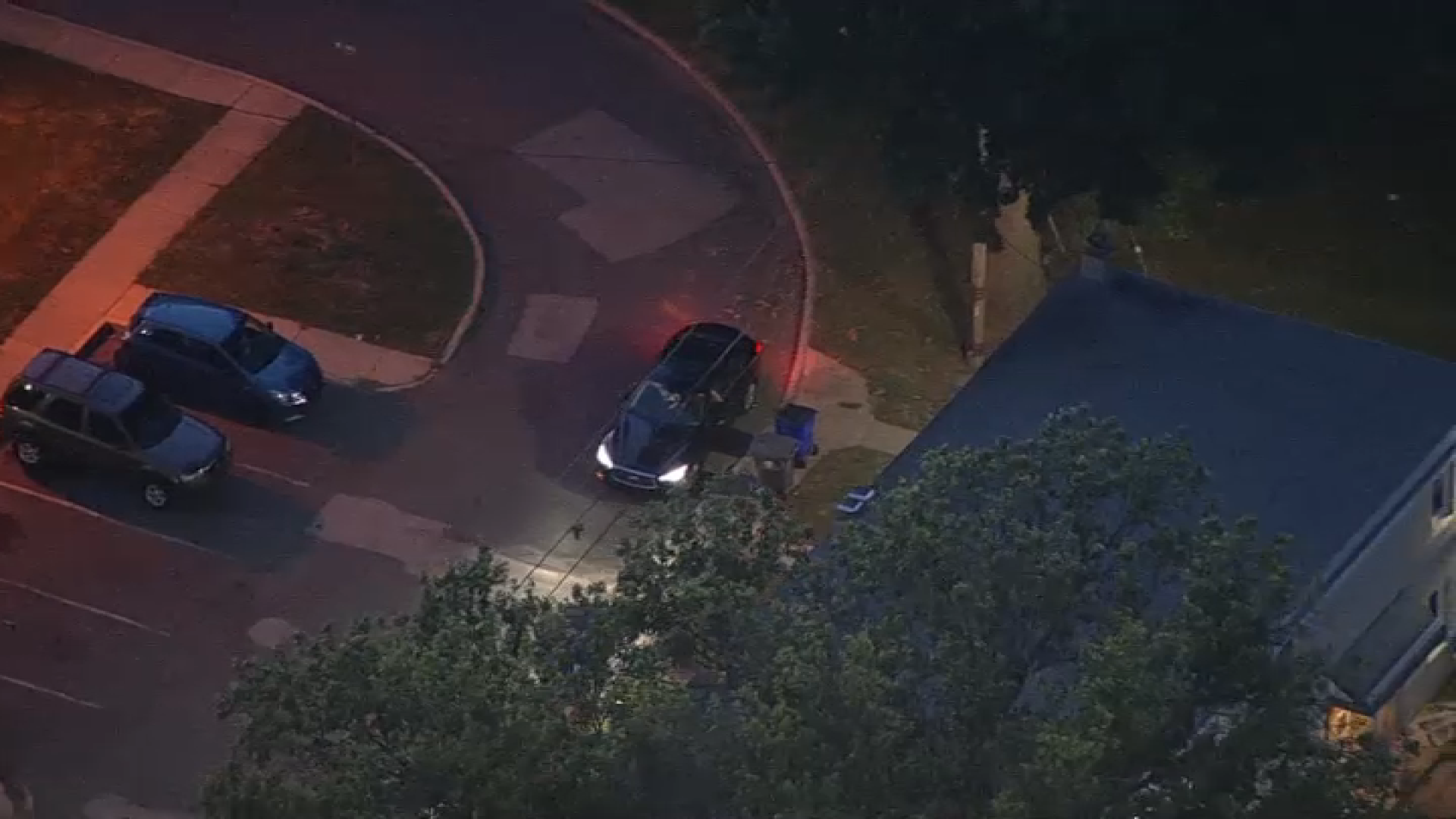The days of drinking a 40 oz. on the Broad Street Line on the way to a Phillies game may be over as -- starting Monday -- SEPTA's transit officers are set to begin ticketing riders for quality-of-life crime violations.
The move is focused on improving safety and cleanliness throughout the mass transit system and will allow officers to write ticket for violations of quality-of-life crimes, which would include consuming alcohol on SEPTA properties, public urination, smoking, littering and other offenses.
Fines will range from $25 to $150 and, officials have said, the effort is expected to push back on issues of disorderly conduct and, officials said they hope to crackdown on repeat offenders and improve the overall customer experience on SEPTA properties.
The enforcement begins Monday, July 1, 2024.
Get Philly local news, weather forecasts, sports and entertainment stories to your inbox. Sign up for NBC Philadelphia newsletters.
“The shift to Code Violation Notices demonstrates our commitment to stepping up enforcement of quality-of-life offenses,” SEPTA CEO and General Manager Leslie Richards said in a statement on the new ticketing effort. “These violations are often the subject of customer complaints and can be associated with more serious crimes. Our customers and employees deserve to feel safe when they are traveling on SEPTA.”
Under this policy, Transit Police will issue a ticket to the offender and forward a copy of the ticket to the City of Philadelphia’s Office of Administrative Review. Riders who receive tickets will be given the option of paying the fine or requesting a court date in order to dispute the ticket.
Local
Breaking news and the stories that matter to your neighborhood.
The Office of Administrative Review, officials said, will be in charge of tracking unpaid fines and chronic offenders will be banned from being on any SEPTA property.
In a statement on the new practice, SEPTA Transit Police Chief Charles Lawson noted that that it would be a step up over the Administrative Enforcement Notices that officers has been issuing since 2019, as these tickets would be court-enforced. .
“Code Violation Notices are legal instruments backed by the courts,” said SEPTA Transit Police Chief Charles Lawson. “With this change, SEPTA is sending a clear message to would-be offenders: If you commit an offense on SEPTA property, you will be held accountable.”
Officials said SEPTA Police will continue to increase visible patrols at stations as well as hire more officers.
Also, recently, SEPTA received a special prosecutor for crimes that occur on any SEPTA property. A Pennsylvania court rejected Philadelphia District Attorney Larry Krasner’s lawsuit against Act 40, a law establishing a special prosecutor to handle crimes on SEPTA property.
Pennsylvania Attorney General Michelle Henry also announced that attorney Michael Untermeyer was named as the special prosecutor.
Sign up for our Breaking newsletter to get the most urgent news stories in your inbox.



